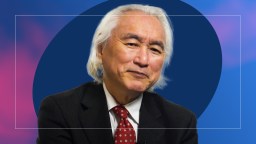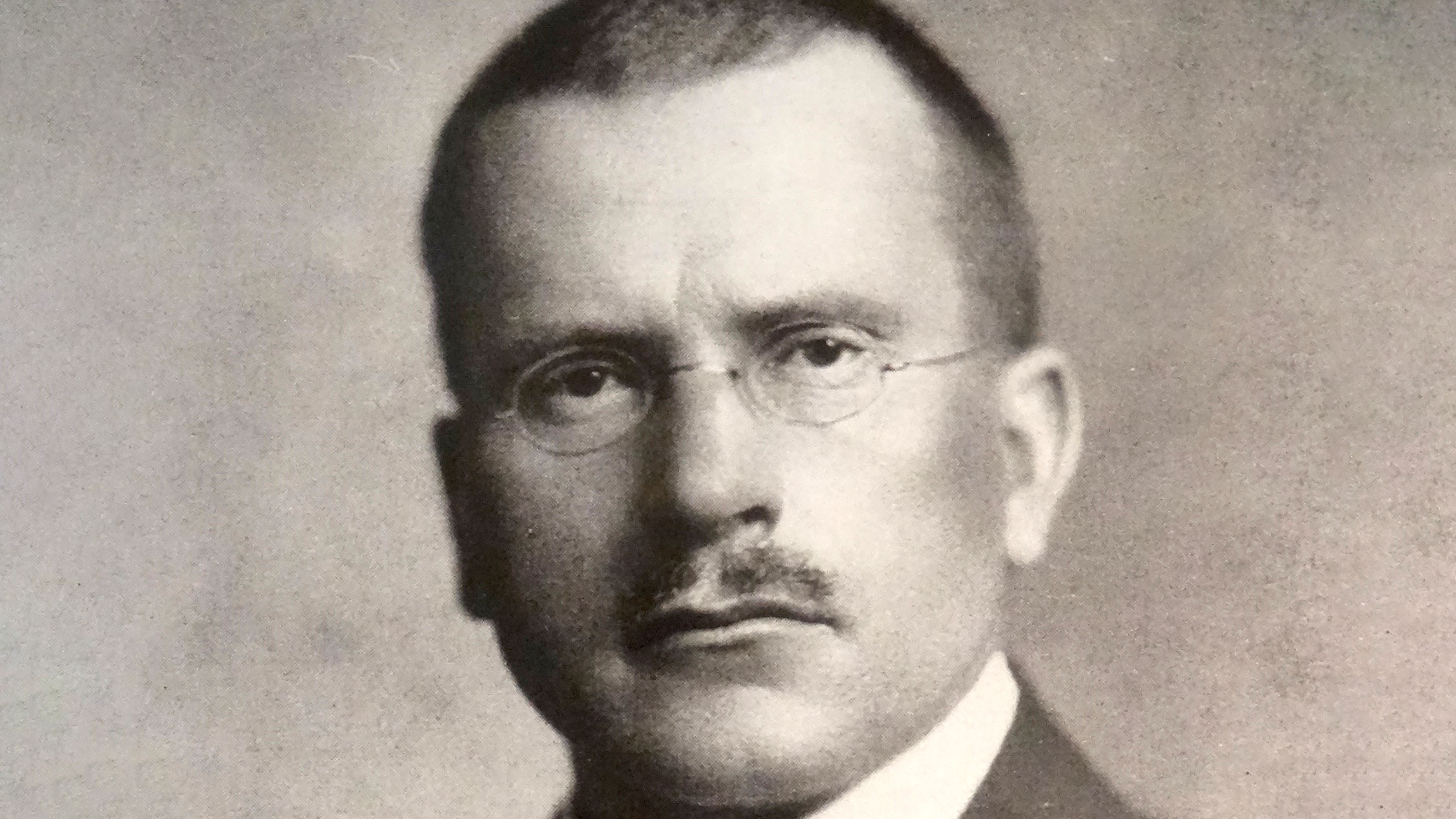You can apply this to almost every field and human pursuit and it’s still true: too much of one thing rarely yields a positive outcome. Scott Barry Kaufman, scientific director of The Imagination Institute, thinks the US has fallen into this trap with standardized testing, which lacks insight into the breadth of intelligence.
Giving everyone the same test is advantageous for measuring learning outcomes, but when that data is used to label intelligence and identify gifted students it gets into questionable territory. It’s a limited radar that leaves bright minds by the wayside. Kaufman has developed an alternative theory of personal intelligence, where someone’s potential is assessed not by a single, assumed measure of intelligence like a standardized exam or IQ test, but by the combination of traits that in each person is as unique as a fingerprint. Someone with so-called “average” smarts may enhance their potential with extraordinary grit or perseverance that could see them succeed more than someone whose intelligence technically measures higher. What makes us complete beings is this interplay of all our characteristics, not merely how we may present on paper. The hazard of the standardized method is that it can obscure – and squander – potential with its one-dimensional approach. Kaufman isn’t prepared to throw out the baby with the bathwater however; there is still value in standardized testing, but it cannot stand alone.
Our education system suffers from the illusion that gifted minds are a rarity, but the more likely scenario may be that our current testing methods are grossly inefficient at finding it.
Scott Barry Kaufman’s book is Wired to Create: Unraveling the Mysteries of the Creative Mind.
Scott Barry Kaufman: The idea of what we should be testing is a very hotly debated because there’s a certain objectivity that we think we have once we standardize things. We give the same test to everyone. And there is some truth to that that the more you standardize a test the more you kind of give everyone the same opportunity to perform on that test. So there is some argument to be made towards standardization. But we don’t have standardized minds. I mean no one has a standardized mind. There’s no such thing as an average mind. So every one of us, every unique individual is a dynamic system of not just cognitive processes but motivational processes, dreams, desires. I formulated a theory and I called it the theory of personal intelligence because I argued I wanted to shift our focus of analysis from taking one aspect that we are saying this is the measure of intelligence whether it’s a standardized test or whether it’s an IQ test. We say well we’ve decided as a society that’s our measure of intelligence. And then we compare everyone to each other on that one metric.
I wanted to move it to a personal level and recognize that well within a person every single one of us has a combination of traits and we can compensate for lower levels of one trait with higher levels of another trait. For instance we can compensate with lower levels of IQ with grit or with perseverance. So we’re capable of mixing and matching our own unique profile of characteristics in such really fascinating exciting ways that make us who we are. That’s what makes us a whole person. So when it comes to testing I’m not necessarily against testing and not necessarily against using standardized tests as a way of measuring learning outcomes. But as a way of measuring human potential I’m not down with that.
A really great report came out recently called Talent on the Sidelines which found very clearly that our ethnic minority students, ethnic and racial minority students are not being identified in gifted and talented programs period. And we need to call this out. We need to make this – there are some wonderful researchers here trying to correct this. Like Julia Lawson Davis for instance trying to figure out what is going on there, what we can do. You know when you have very poverty stricken environments for instance it’s not as easy to get the opportunity to display your brilliance. It’s not as easy to learn when people all around you are dying. When you are not being fed, you know. It’s very hard to show your intellectual brilliance. It is a fact that there’s a huge underrepresentation of ethnic and racial minority students in gifted talented education. And I do not believe that ethnic and racial minority students are less gifted. I mean who wants to make that argument. It is not the reality of the matter. And what you find there are some really neat programs.
For instance this one program called Project Bright where they taught gifted behaviors to every student. So they assumed well everyone in this school system was going to learn something from behaviors that gifted students tend to have. They kind of tried to distill how do gifted students think, you know, and can we teach this. And they taught every student in the school and they thought after teaching it like 25 percent or so more ethnic and racial minority students all of a sudden qualified for gifted education once you gave them a chance to learn these behaviors and traits. So I think we need to be very wary about treating these labels as though they’re an essence of a person, you know, essentialism. A gifted – there’s a key difference to me between saying that child is gifted and that child was labeled as gifted. To me the former is an essentialism argument. You’re saying that’s the essence of that person. And the other one is you’re saying well we recognize something in that person that we are giving them a label so we can give them greater resources. But it’s very important that we don’t fall prey to the idea that because someone was labeled as gifted then therefore that is the essence of that person and it doesn’t change. And therefore those who don’t have that label the essence of their label is that they’re ungifted. We have to be very aware about falling into that trap if we want to maximize human potential.






